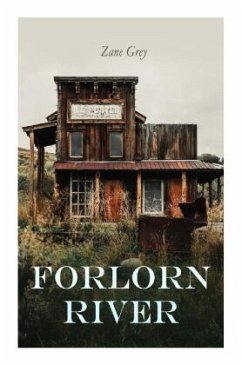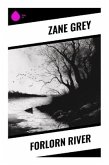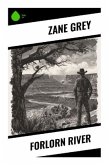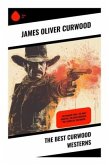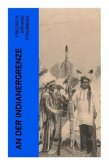In "Forlorn River," Zane Grey masterfully weaves a tale set against the rugged backdrop of the American West, where the themes of adventure, love, and the struggle for survival resonate deeply. The novel's literary style is marked by vivid descriptions and a lyrical prose that captures the essence of nature and human emotion alike. Grey's exploration of the bond between man and land, along with the harsh realities of frontier life, situates this work within the literary context of early 20th-century American frontier novels, drawing parallels with the works of contemporaries like Jack London and Owen Wister. Zane Grey, born in 1872, was profoundly influenced by his experiences as a passionate outdoorsman and his deep love for the American wilderness. His encounters with the tumultuous landscapes of the West informed his writing, allowing him to create authentic narratives. Grey's fascination with the lives of cowboys, Native Americans, and the early settlers fueled his desire to depict the untamed spirit of the West, ultimately crafting compelling stories that resonate with readers today. "Forlorn River" is highly recommended for readers seeking a rich, immersive experience that transports them to an era of adventure and earnest human sentiment. Grey's ability to capture the wild beauty of nature alongside the complexities of human relationships makes this novel a classic that continues to engage and evoke reflection among its audience.
Bitte wählen Sie Ihr Anliegen aus.
Rechnungen
Retourenschein anfordern
Bestellstatus
Storno

